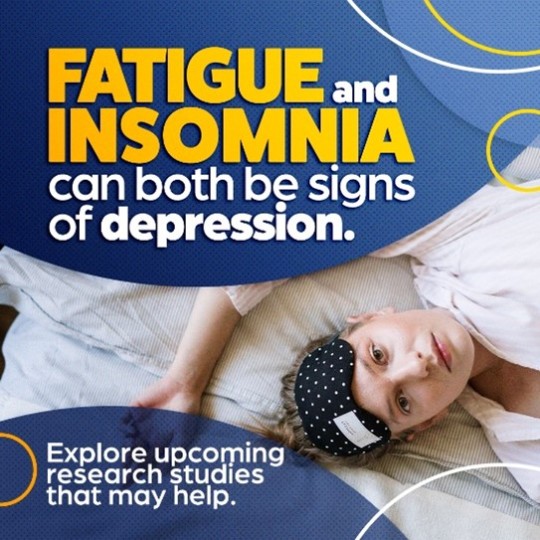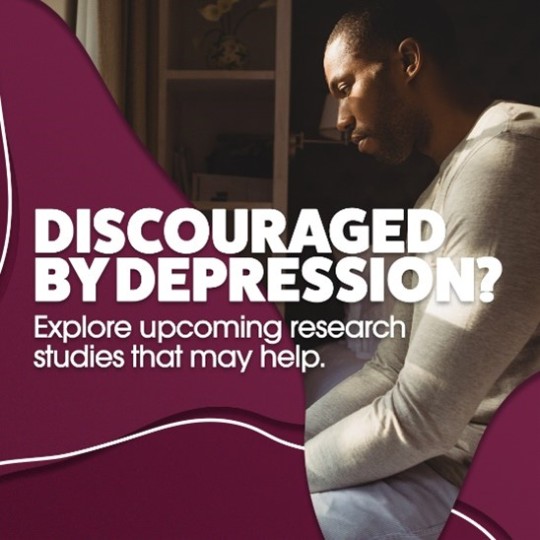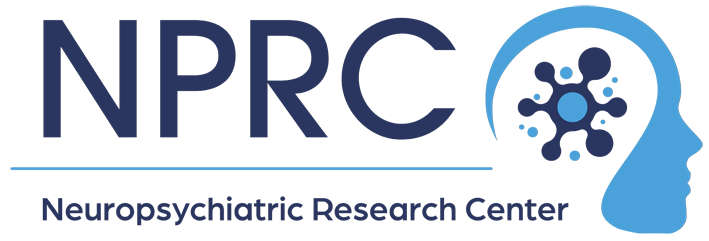Sadness is a feeling you get when you experience loss, complicated situations, and other disappointments in life. Everyone gets sad from time to time, but the feelings go away quickly, and you move on. Depression is a mood disorder that is often confused with sadness. However, depression doesn’t usually go away on its own and impacts every part of a person’s life. Depression goes beyond sadness, though it is one of the many emotions involved. Let’s take a deeper look into the lives of individuals dealing with depression.
Depression Overview
Depression is the most common mental health disorder in the U.S. Scientists and researchers believe the cause is the result of a combination of genetic, biological, environmental, and psychological factors. It is characterized by a persistent depressed mood or loss of interest in things once enjoyed. Depression causes impairment in daily life. Without help, symptoms may last for a long time.

Symptoms:
- irritability
- fatigue
- changes in sleeping or eating patterns
- difficulty concentrating
- feelings of deep, unwarranted guilt
- physical symptoms, such as headaches or body aches without a specific cause
- feelings of worthlessness
- constant thoughts about death
- suicidal thoughts or actions
The Catch-22 of Depression
Some people think depression involves a lack of willpower of individuals to “snap out of it.” Except, nothing is farther from the truth. Most people with depression would love nothing more than to be free of the feelings that drain their energy, hope, and drive every day. Things that may help ease symptoms like exercising and hanging out with friends seem impossible. The very nature of depression makes it difficult to get help.
Depression is treatable, but many benefit from support and understanding of loved ones in their treatment journeys. As a community, we can learn more about this condition and begin to replace assumptions with facts. Together, we can change the future of depression.
Expanding Depression Options for Patients
Research efforts are underway to understand the causes of depression better and develop potential new ways for managing it. Clinical research studies and the volunteers who participate in them help evaluate the safety and effectiveness of these possible new options. Study volunteers not only help advance medicine but learn more about their condition, allowing them to prioritize their health better in the future.

To learn more about how you can get involved in upcoming depression research studies at the Neuropsychiatric Center of Southwest Florida, call us at (239) 939-7777 or visit our website.
References:
https://www.healthline.com/health/depression/depression-vs-sadness#risk-factors
https://www.psycom.net/living-with-depression
https://www.helpguide.org/articles/depression/coping-with-depression.htm





